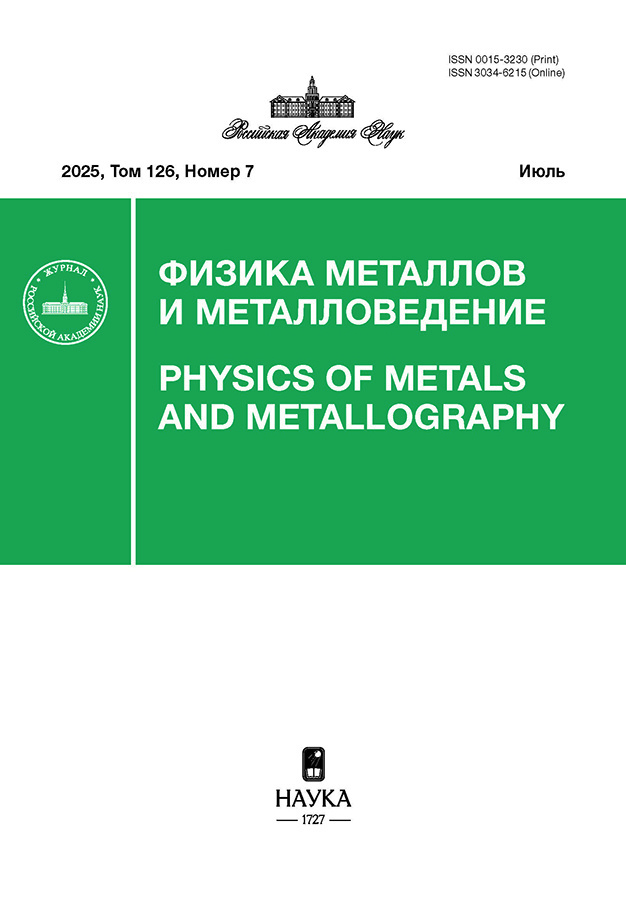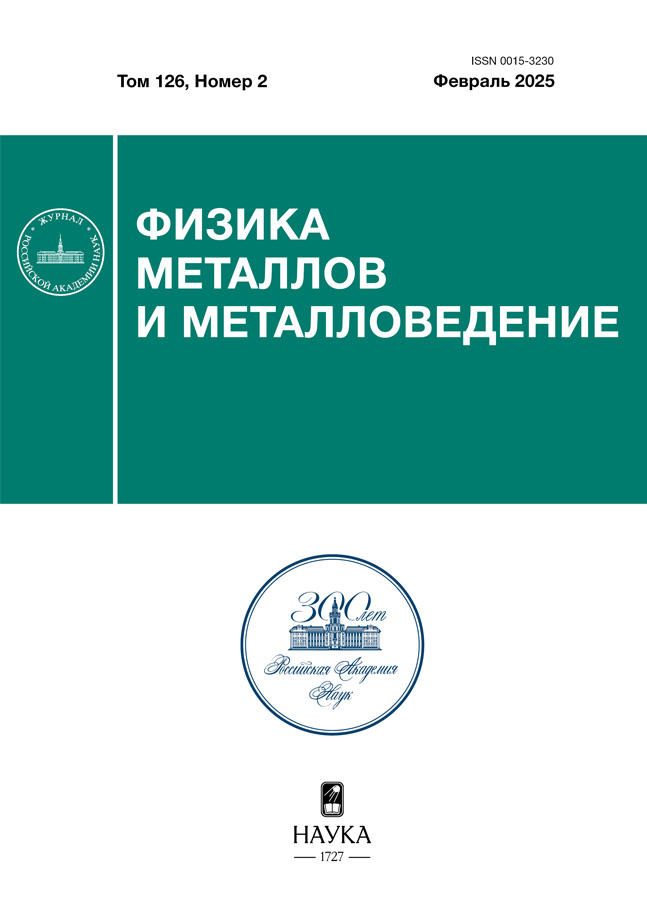Mean-field theory of non-thermodynamic phase transitions for an ensemble of interacting quantum objects
- Authors: Rozenfeld E.V.1, Mushnikov N.V.1
-
Affiliations:
- Mikheev Institute of Metal Physics, Ural Branch, Russian Academy of Sciences
- Issue: Vol 126, No 2 (2025)
- Pages: 151-159
- Section: ЭЛЕКТРИЧЕСКИЕ И МАГНИТНЫЕ СВОЙСТВА
- URL: https://cardiosomatics.ru/0015-3230/article/view/683429
- DOI: https://doi.org/10.31857/S0015323025020039
- EDN: https://elibrary.ru/AZEGUW
- ID: 683429
Cite item
Abstract
Phase transitions for an open system consisting of an ensemble of interacting quantum subsystems with discrete spectrum are studied in the mean-field approximation. In the considered model, the change of an internal symmetry of a thermodynamic system upon the second-order phase transition is due to changing symmetry of distribution of charge/spin density inside each quantum subsystem. The latter can be caused by either splitting of one of lowest degenerated energy level or closing a gap between the levels and appearance of avoided crossing. The effect of external parameters (pressure, field, composition, etc.) results in direct change of internal control parameters: level spacing and/or the strength of interaction between adjacent quantum subsystems. Considering a simplest case of the two-level quantum subsystems, expressions for the free energy as a function of the internal control parameters were obtained in analytical form. The behavior of the heat capacity and susceptibility for different regions of the low-temperature phase diagram including the area of quantum fluctuations was determined.
Full Text
About the authors
E. V. Rozenfeld
Mikheev Institute of Metal Physics, Ural Branch, Russian Academy of Sciences
Author for correspondence.
Email: mushnikov@imp.uran.ru
Russian Federation, Ekaterinburg
N. V. Mushnikov
Mikheev Institute of Metal Physics, Ural Branch, Russian Academy of Sciences
Email: mushnikov@imp.uran.ru
Russian Federation, Ekaterinburg
References
Supplementary files















